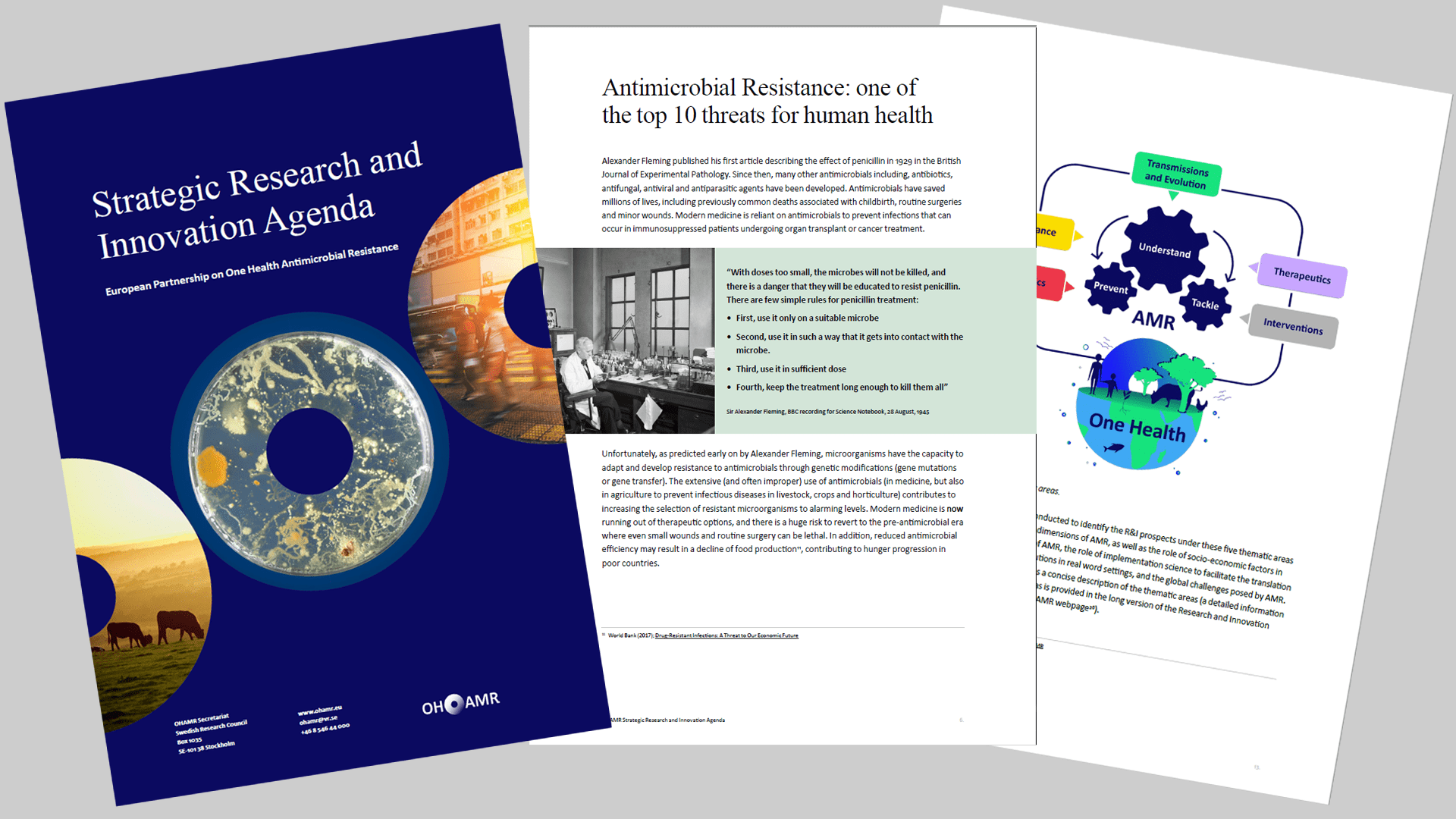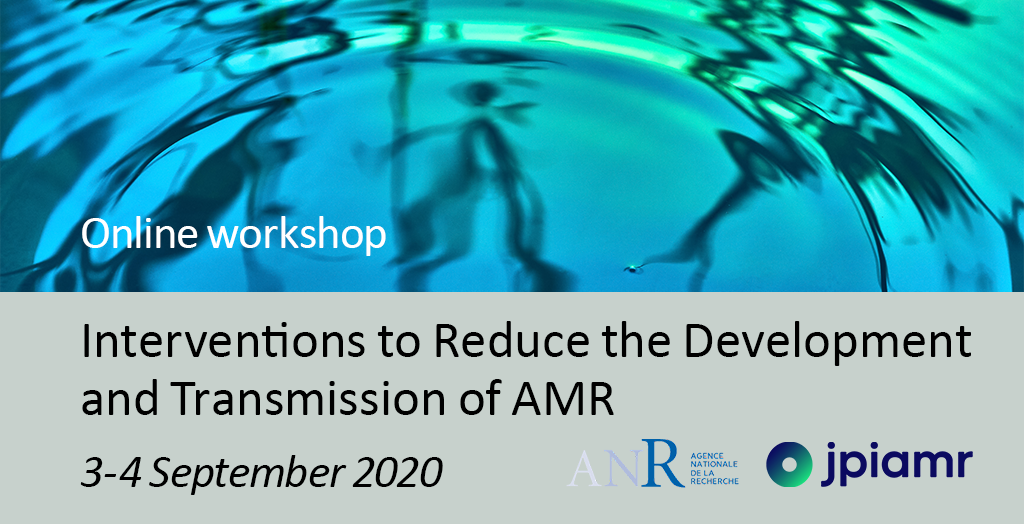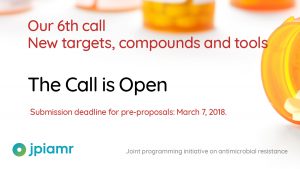The European partnership on One Health AMR (OHAMR) is one of the key European partnerships that has been identified by the European commission within the framework of the Horizon Europe programme to support research and innovation to respond to the challenges of AMR. The OHAMR Strategic Research and Innovation Agenda (SRIA) presents the vision, missions, objectives, scientific focus, and implementation plan of the OHAMR, and serves as the strategic foundation of the partnership to guide its future actions:
The OHAMR SRIA is almost finalised, and we now invite researchers, stakeholders, scientists, policymakers, clinicians, patient groups, AMR-related organisations, and others to provide their final feedback by answering a short survey:
A word template of the survey is also available to facilitate the consultation process. However, only the answers collected through the on-line survey tool will be analysed.
The consultation is open until May 30th, 17h CEST.
For questions regarding the consultation, please contact ohamr@vr.se.
For more information about the OHAMR Partnership, visit www.ohamr.eu.





